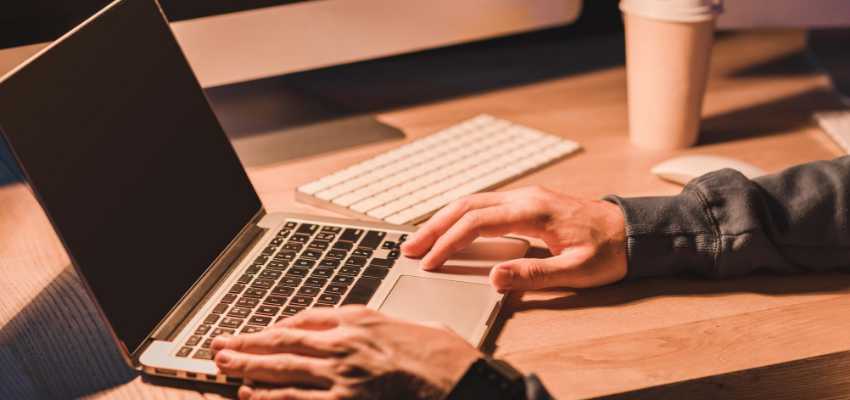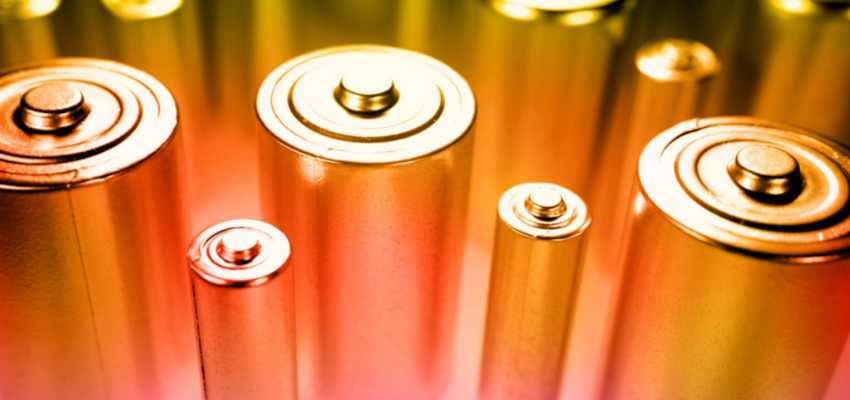Show:
8 Essential Things A Developer Needs When Traveling
Developers that build and maintain software systems often find themselves on the go either as a digital nomad combining work with a passion for travel or to fulfill company obligations. With the right tools and gadgets, they can change their work venues from coffee shops to camping in the woods.
But deadlines and responsibilities still loom, so if you’re a mobile developer, make the job less stressful by always taking along the following eight essential things a developer needs while traveling.

1. A Reliable Laptop
As powerful as your state-of-the-art desktop is, It’s the emergence of the laptop computer that ultimately makes travel possible for digital nomads and developers. Fortunately, everything from editing photos and videos to writing code is possible on a durable laptop for travel.
Laptops come in a variety of sizes and price ranges. Even Chromebooks can be appropriate for some traveling developers. Aside from price and size, other considerations include processing power, weight, and battery life.
2. Keyboard and Mouse
You may not always be comfortable using your laptop’s integrated keyboard and trackpad. If you will be performing certain tasks like a long coding session in a hotel or coffee shop, some advanced peripherals can make the job easier.
You’ll find lots of different options and styles from wired to wireless, so there’s no reason to carry a big mechanical keyboard with you. Slimmer, wireless options can get the job done and are much easier to travel with.
3. Cellular Hotspot
Internet connectivity can be challenging while traveling. Relying on public Wi-Fi while staying in hotels in the city is fine, but it may not always be the fastest or most reliable. You’ll be more confident and efficient with an alternative form of connectivity such as a solid mobile hotspot or cell phone tether.
Check your cellular plan to see if it’s included. If not, you will need to add it. Double-check for usage limits or data caps. For more remote areas, check the coverage maps for any significant gaps. An interactive coverage map is available through the FCC.
4. Batteries and Chargers
No matter how reliable your internet connectivity is, it won’t do you any good if you run out of batteries or power. Always carry an abundance of rechargeable AA and AAA with you for all of your devices that require them. Add in a portable battery pack with an internal battery and you should always have power.
Additionally, depending on how far and how long you may be far away from civilization, a solar charger is a wise investment. Some well-built ones are available that will keep you up and running for extended periods of time away from the power grid.

5. Cables and Adapters
Cables and adapters will depend on the type of computer you use. Apple MacBook users should invest in USB-C adapters and cables for everything they need while traveling. Some adapter types for all computers to consider include Multiple USB 3.0 adapters, an Ethernet adapter, Multi-port adapters, HDMI, and/or DisplayPort adapters, and a Micro/SD card adapter.
In addition to a supply of adapters, it’s also helpful to have cables of different lengths. Include an extra long one for when you need to connect to something at a distance.
6. Flash Drives
It pays to always have lots of flash drives on hand. At some point, you will need them. You may need to transfer a file to a different machine, boot it into a different OS, or back something up. Micro Center flash drives are a good, solid cheap option.
7. Headphones and Earplugs
While working on long flights or in crowded areas, a good pair of wireless noise-canceling headphones is a must-have. It’s also smart to have a wired backup option along with Bluetooth in case the batteries die. And if you really need to tune out the world for some deep work, take along a good pair of earplugs.
8. Privacy Screen
If you will be working around crowds of people such as in coffee shops or airport waiting areas, a privacy screen is a must-have for security. You’ll want to prevent prying eyes from seeing you enter your credentials or new unreleased features. A privacy screen on your laptop effectively cuts the viewing angle. Anyone trying to snoop would have to get uncomfortably close.

 Return to Previous Page
Return to Previous Page








